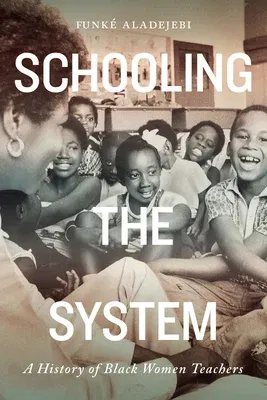In post-World War II Canada, black women's positions within the teaching
profession served as sites of struggle and conflict as the nation worked
to address the needs of its diversifying population. From their entry
into teachers' college through their careers in the classroom and
administration, black women educators encountered systemic racism and
gender barriers at every step. So they worked to change the system.
Using oral narratives to tell the story of black access and education in
Ontario between the 1940s and the 1980s, Schooling the System provides
textured insight into how issues of race, gender, class, geographic
origin, and training shaped women's distinct experiences within the
profession. By valuing women's voices and lived experiences, Funké
Aladejebi illustrates that black women, as a diverse group, made vital
contributions to the creation and development of anti-racist education
in Canada. As cultural mediators within Ontario school systems, these
women circumvented subtle and overt forms of racial and social exclusion
to create resistive teaching methods that centred black knowledges and
traditions. Within their wider communities and activist circles, they
fought to change entrenched ideas about what Canadian citizenship should
look like. As schools continue to grapple with creating diverse
educational programs for all Canadians, Schooling the System is a timely
excavation of the meaningful contributions of black women educators who
helped create equitable policies and practices in schools and
communities.

